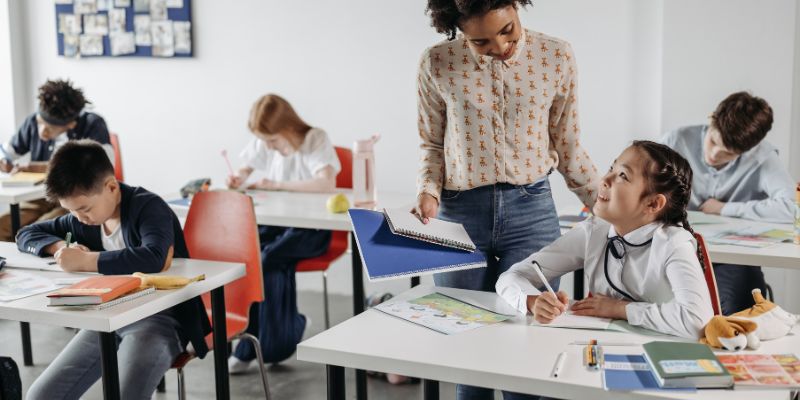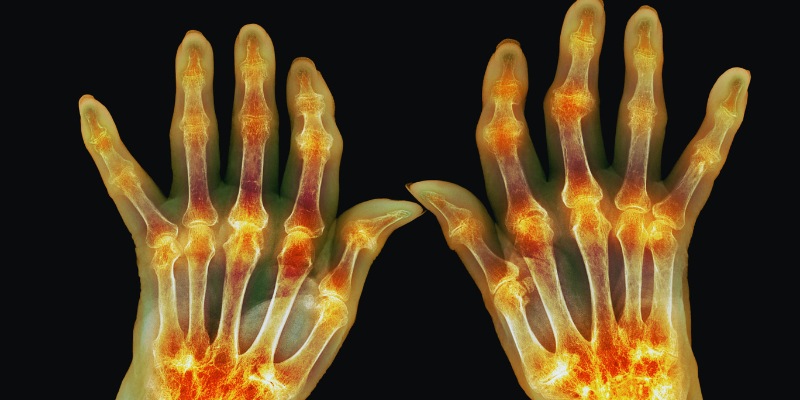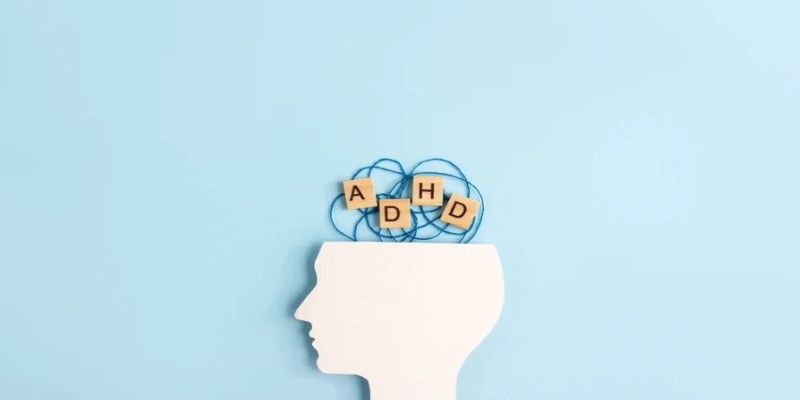Creative and Active After-School Ideas for Kids with ADHD
For children with Attention-Deficit/Hyperactivity Disorder (ADHD), after-school activities are more than just a way to fill timethey provide an essential outlet for managing symptoms and developing social and emotional skills. Children with ADHD often struggle with attention, hyperactivity, and impulsivity. Therefore, structured, engaging activities can make a significant difference in how they handle daily challenges.
These activities not only help burn off excess energy but also improve their ability to focus and work cooperatively with others. When choosing the right activities for a child with ADHD, it's essential to look for those that offer structure, involves physical movement or hands-on tasks, and are led by understanding, patient instructors.
Top After-School Programs for Children with ADHD
Lets dive into some of the best after-school activities to help ADHD children thrive.
Sports: A Channel for Energy and Focus
Sports offer children with ADHD an excellent way to channel physical energy while improving focus, discipline, and social skills. Activities like soccer, basketball, gymnastics, and track encourage children to follow the rules, practice specific movements, and work toward personal goals, which helps build self-control and persistence. Martial arts, in particular, is highly beneficial due to its structured environment and focus on gradual progress, teaching discipline, patience, and respect.
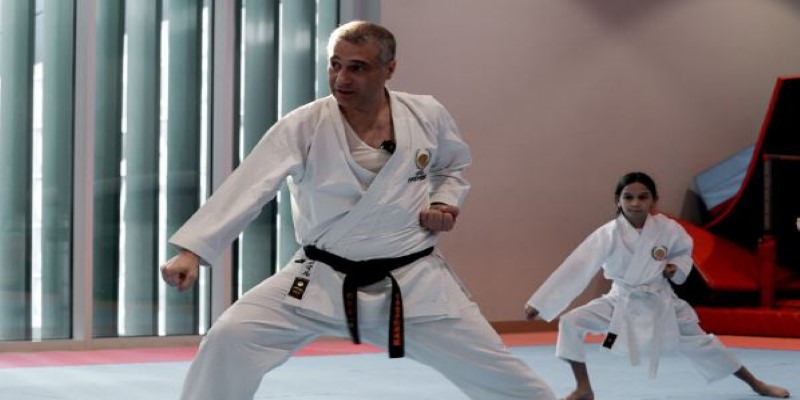
The repetitive nature of team sports like soccer fosters cooperation and social bonding, which can be crucial for children with ADHD. For those who prefer individual activities, swimming and gymnastics provide a focused, goal-oriented experience that offers immediate feedback and positive reinforcement, promoting both mental and physical development.
Creative Arts: Expression and Focus Through Art
Creative outlets like music, drama, and visual arts provide children with ADHD with a structured yet expressive environment that improves focus and patience. Music lessons, whether learning an instrument or singing, require repetition, which helps enhance attention spans. Drama encourages cooperative storytelling, teamwork, and confidence as children memorize lines and perform.
Visual arts, such as painting or sculpture, allow children to work at their own pace and engage in hands-on creativity, which can be soothing for those who struggle in traditional settings. Completing an artistic project fosters a sense of accomplishment and boosts self-esteem, which is especially beneficial for children who face social and academic challenges.
Scouting: Building Life Skills and Focus
Scouting programs, like Boy Scouts or Girl Scouts, provide structured, hands-on activities that encourage children to learn valuable life skills while engaging in fun, group-based challenges. These programs offer a blend of physical and mental activities, including hiking, camping, crafting, and earning badges for completing specific tasks or learning new skills.
Children with ADHD particularly benefit from the goal-oriented nature of scouting, where they are encouraged to set personal achievements and work towards them. Whether its learning to pitch a tent, cook over an open fire, or perform first aid, these activities require focus, organization, and teamworkskills that are often areas of struggle for kids with ADHD. The outdoor nature of scouting also provides a calming environment that reduces the stress and overstimulation that many ADHD children experience in more hectic settings.
Structured Games: Strategic Thinking and Patience
Games like chess, checkers, and even card games are excellent for children with ADHD because they help develop executive functioning skills such as planning, organization, and delayed gratification. These activities require the child to concentrate for extended periods, making them ideal for improving attention span in a non-stressful, fun environment.
For children with ADHD, structured games can also help develop patience and self-regulation, as they learn to wait for their turn, anticipate their opponents moves, and plan their strategy. These games can also be great social activities, offering opportunities for bonding with peers or family members. The strategic thinking required in these games mirrors the cognitive processes children need to manage their ADHD in other areas of life, such as school and homework.
Horseback Riding: Emotional Regulation and Responsibility
Equestrian activities, including horseback riding and horse care, provide a unique therapeutic environment for children with ADHD. The rhythmic movement of riding and the responsibility of caring for an animal help ADHD children focus, build self-confidence, and regulate their emotions.
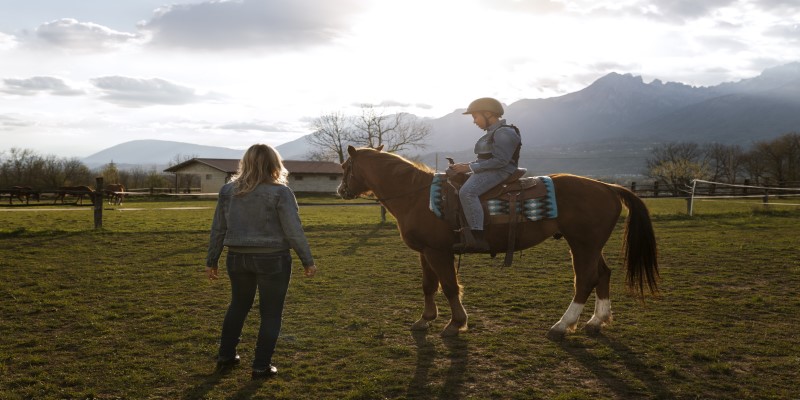
Horseback riding also offers a slower-paced environment that contrasts with the typical fast-moving, overstimulating world. In many equestrian programs, children learn how to groom and feed horses, which fosters a sense of responsibility and accountability. For children who struggle with impulsivity and attention, this structured, hands-on activity can be a calming and rewarding experience. Many stables also offer therapeutic riding programs specifically designed for children with special needs, including ADHD, providing additional support and understanding of each child's unique challenges.
Cooking and Baking: Practical Life Skills and Focus
Cooking and baking can be fantastic after-school activities for children with ADHD because they involve sensory engagement and require following a series of stepsboth of which help improve focus and attention. Whether measuring ingredients, setting timers, or following recipes, children can practice executive functioning skills in an immediately rewarding way.
Cooking also allows for creativity and experimentation, which can be particularly appealing to ADHD children. The resulta meal or baked treatprovides an immediate sense of accomplishment. Additionally, cooking or baking can become a social activity when done with family or friends, helping children develop interpersonal skills in a low-pressure environment.
Conclusion: Supporting ADHD Kids Through Engaging Activities
After-school activities play a critical role in helping children with ADHD manage their symptoms, build confidence, and develop essential life skills. The right activities provide structure, focus, and a sense of achievementwhether its through physical outlets like sports, creative endeavors like music and art, or hands-on learning experiences like scouting or cooking.
By choosing activities that cater to the strengths and needs of children with ADHD, parents can help their kids channel their energy productively while fostering important social and cognitive skills. The goal is to offer a balanced range of activities that nurture both the body and mind, ensuring that children with ADHD have the opportunity to thrive.








